Energy Results
1. Reduced Electricity Bills
Installing solar panels can significantly reduce or even eliminate your electricity bills. On average, solar panel owners can save between $10,000 to $30,000 over 20 years, depending on factors like location and system size.
2. Net Metering
With net metering, you can sell excess solar energy back to the grid, earning credits on your electricity bill. This can lead to substantial savings over time, with some homeowners reducing their bills by up to 50%.
3. Tax Incentives
Many governments offer tax incentives for solar installations, such as the federal solar investment tax credit (ITC) in the United States, which can cover up to 26% of the installation cost.
4. Increased Property Value
Homes with solar panels typically have higher property values. Studies have shown that solar panels can increase home resale values by an average of $15,000.
5. Energy Independence
By generating your own electricity, you become less reliant on utility companies and less susceptible to fluctuating energy prices. This can lead to long-term savings and stability.
6. Durability and Longevity
Solar panels have minimal maintenance requirements and can last 25 years or more. With warranties typically lasting 20-25 years, you can enjoy consistent energy savings for decades.
7. Peak Demand Reduction
Solar energy production often coincides with peak electricity demand periods, such as hot summer afternoons. By generating power during these times, solar can help reduce strain on the grid and lower overall energy costs.
8. Avoided Environmental Costs
Solar energy reduces greenhouse gas emissions, air pollution, and water usage associated with traditional electricity generation. The environmental benefits translate into cost savings by avoiding the need for expensive pollution control technologies and healthcare expenses..
9. Demand Charges Mitigation
For commercial and industrial customers, solar energy can help reduce demand charges by offsetting peak electricity usage from the grid. By lowering peak demand, businesses can see significant savings on their electricity bills.
10. Remote Monitoring and Optimization
Advanced monitoring systems allow you to track your solar system’s performance in real-time and identify any issues promptly. By optimizing your system’s efficiency, you can maximize energy production and savings over its lifespan.
Frequently Asked Questions
Solar Energy
How do solar panels work?
This question often arises from those curious about the underlying technology of solar energy. Answering it involves explaining the photovoltaic process, where solar panels convert sunlight into electricity through the photovoltaic effect.
What factors affect the efficiency of solar panels?
Prospective solar adopters are often interested in understanding the various factors influencing the performance of solar panels. Addressing this question typically involves discussing aspects like sunlight intensity, panel orientation, shading, and panel quality.
What is the cost of installing solar panels?
Affordability is a common concern for those considering solar energy. Providing a comprehensive answer involves discussing upfront costs, potential savings over time, available incentives, financing options, and the return on investment associated with solar installations.
What happens during cloudy days or at night?
This question arises from concerns about solar energy’s reliability in less sunny conditions. Responding to it involves explaining how solar panels can still generate electricity under diffuse light, albeit at reduced efficiency, and discussing the role of battery storage systems or grid connections for nighttime energy usage.
What maintenance is required for solar panels?
Potential solar customers often inquire about the maintenance needs of solar panels. Addressing this question typically involves explaining the minimal maintenance requirements, such as periodic cleaning, monitoring system performance, and ensuring proper functioning of components.
